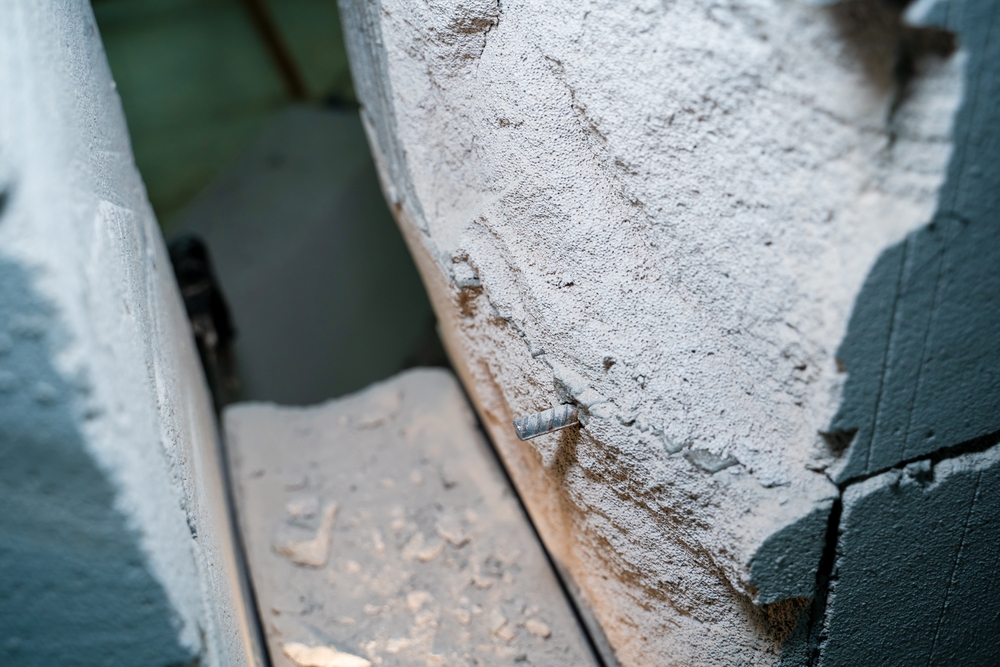The government has announced significant progress in its programme to remove reinforced autoclaved aerated concrete (RAAC) from schools and hospitals, marking a milestone in efforts to modernise the public estate.
The Department for Education confirmed that 52 schools are now completely free of RAAC following targeted grant funding. A further 71 schools are in line for full rebuilds through the School Rebuilding Programme, 52 of which have begun under the current administration. In total, around 30,000 pupils are already learning in upgraded classrooms, with many more set to benefit as work continues.
Alongside schools, investment has been directed at the NHS estate. Seven hospitals have now eradicated RAAC completely, with 12 more expected to be free of the material by March 2026. The government has committed £440 million this year alone to accelerate progress. Ministers said this represents a clear move to reverse years of underinvestment and deliver safer, more reliable facilities for staff and patients.
The government has set out long-term commitments to ensure improvements continue at scale. Education capital spending will reach £38 billion over the next five years, the highest levels since 2010, with maintenance funding for schools expected to rise to almost £3 billion annually until 2034-35. In parallel, nearly £20 billion has been earmarked for rebuilding schools across England. This will fund 250 new rebuild projects in addition to the 500 already announced, providing modern, net zero and climate-resilient buildings.
Officials emphasised the practical benefits of the work. For schools, new classrooms remove concerns over safety and allow pupils to learn in secure, well-designed spaces. For hospitals, the programme aims to reduce service disruption, improve working conditions for staff, and provide patients with safer, more modern environments.
Education Secretary Bridget Phillipson said the investment demonstrated the government’s intent to “repair the fabric of our schools and restore the pride pupils feel in their classrooms”. She added that the programme is designed to create “lasting benefits for pupils, teachers, and communities” through long-term investment rather than short-term fixes.
Minister for Elective Care Karin Smyth said the NHS estate required urgent attention, stating that “patients and staff deserve safe, modern hospitals and an NHS they can rely on”. She described the RAAC removal programme as a step towards delivering “hospitals with confidence, knowing this government is putting safety first”.
While all affected sites have interim safety measures in place, the government confirmed that work to remove RAAC permanently will continue across both the education and health sectors in the coming years.







